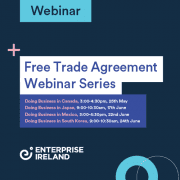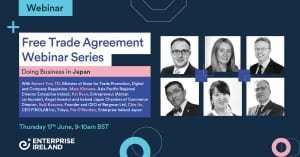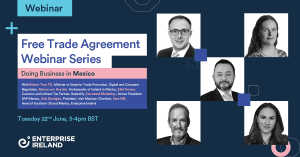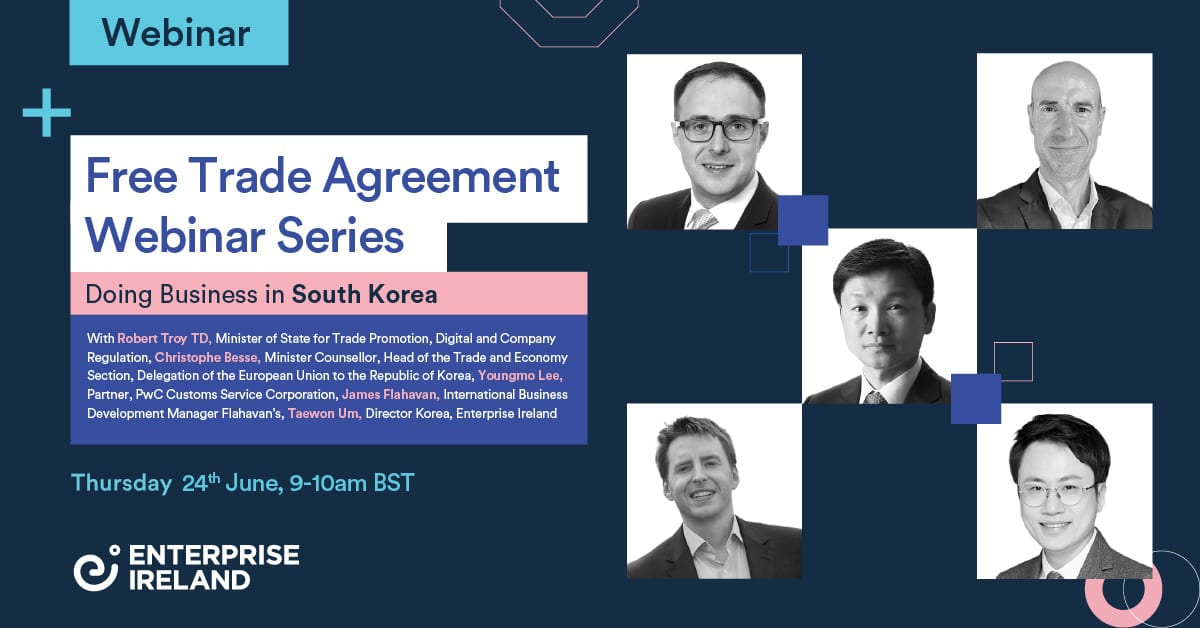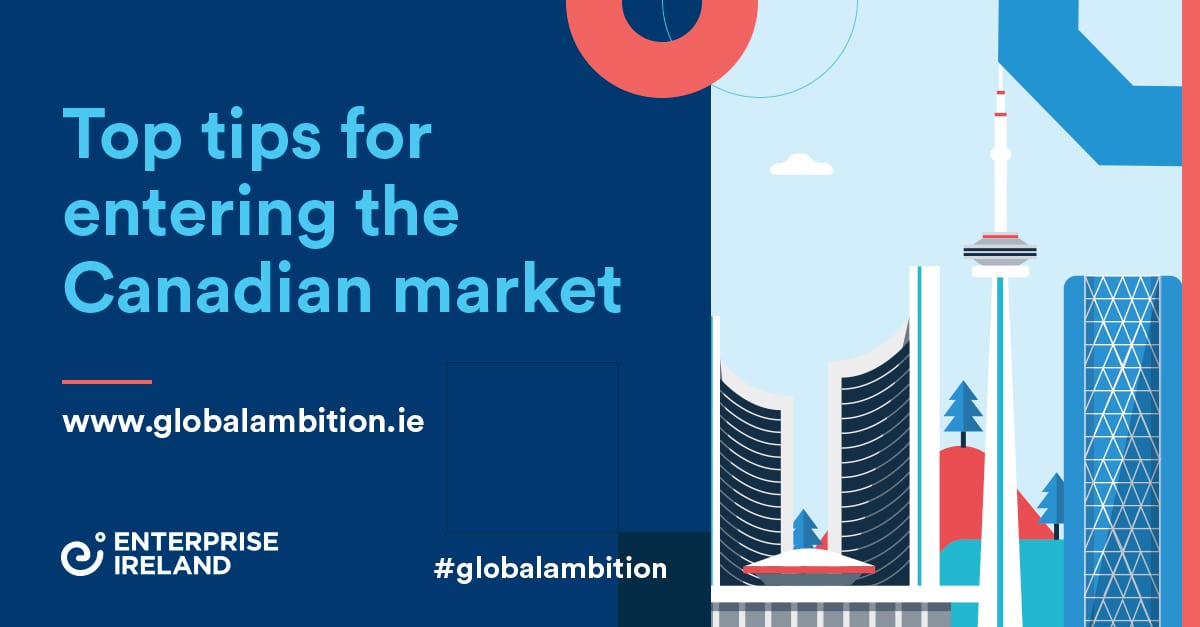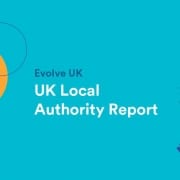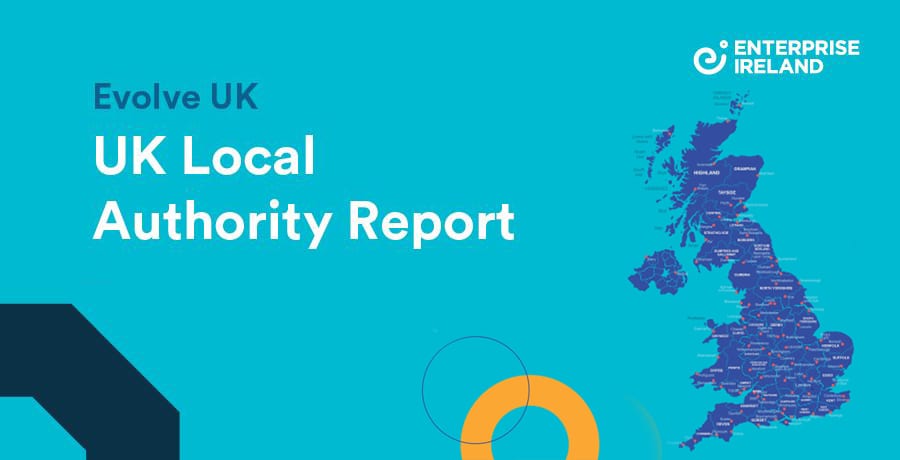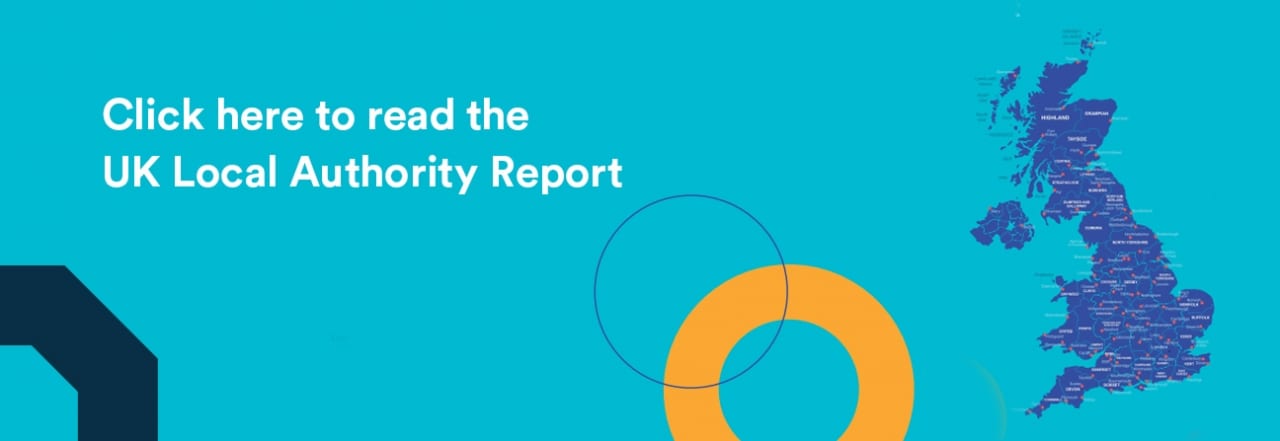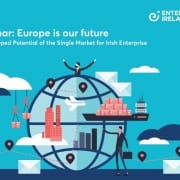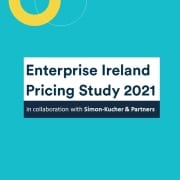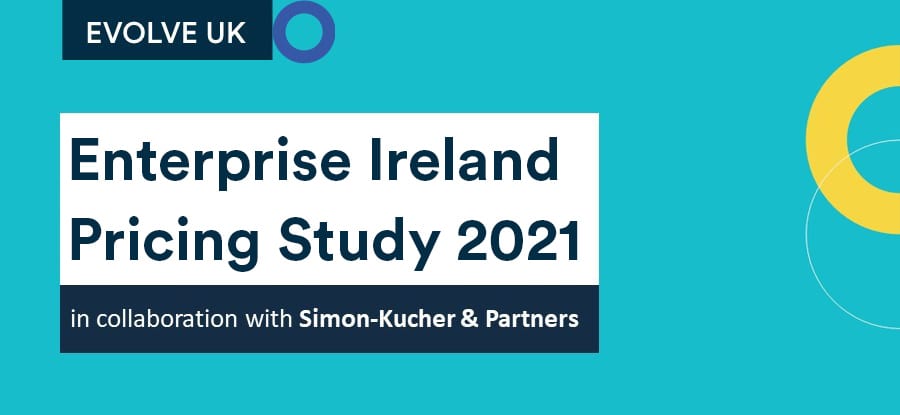One Planet. One Health – Danone and GreenPlus
“The health of people and the planet are intertwined. You can’t have one without the other”, states Mark Stafford, Nature and Sustainability Manager at Danone, Wexford.
Danone’s mission is to bring health through food to as many people as possible with high quality products contributing to all life stages. This is where sustainability and the environment comes in and it is one of the four key pillars at the company – they have now adopted ‘nature’ as a business fundamental for all supply points and sustainability roadmaps for their brands.
The company used Enterprise Ireland’s GreenPlus scheme to empower line management and teams to manage and improve energy performance at basic unit level and they have now achieved certification to the prestigious ISO 50001 International Energy Management Standard. This standard aims to help organisations to continually reduce their energy use and therefore their energy costs and their greenhouse gas emissions.
Through their work with GreenPlus, the Energy Management System (EnMS) at Danone has now been implemented successfully across the site, system accreditation has taken place and a number of energy saving opportunities have been identified. This has enabled the company to implement solutions and their annual energy savings are now measured and verified.
So how was their journey with Enterprise Ireland’s GreenPlus and what were their main challenges? Peter Pearson, Nature Co-ordinator explains: “We started looking at the gaps and found the biggest gap was metering. Data monitoring and reporting systems presented a challenge as the metering available on-site did not satisfy our requirements with regard to reporting detail and frequency”.
“Going down the ISO 50001 route focused our minds on the areas we needed to tackle. It raised awareness within the company. It identified savings and improved our knowledge on the use of energy onsite. We found the process easy to navigate and it was fairly straightforward. It was great to have the support of Enterprise Ireland and it was very helpful.”
Danone aims to become carbon zero across their value chain by 2050 and to do that all elements of the business need to become carbon neutral. “Our plant in Co. Wexford has become the first infant formula production site in the world to be certified as carbon neutral.”
“Our net zero carbon rating has been certified by the Carbon Trust, an independent global climate change and sustainability consultancy,” said Stafford
Explaining the benefits across Danone of engaging with GreenPlus, he pointed out that “We needed buy in from management which we quickly achieved and it was also important to make all employees aware of where we needed to get to and our ambitions. We weren’t surprised that through the GreenPlus process we identified many opportunities – we knew they were there but just didn’t have visibility of them. The process helped us to pinpoint exactly where we needed to make improvements”.
“As part of our roadmap for the project there was also a huge focus on energy reduction and efficiencies and implementation of the ISO 50001 was crucial to that journey”.
From a business perspective, Mark Stafford and Peter Pearson point out that consumers and customers are looking for sustainability more and more and all the research backs this up. The expectation is there and that goes for all activities within a company.
“The feedback is that people want more sustainably produced products and environmentally friendly products.”
“All employees are now aware of where we need to get to. We have nature champions across our business units and they are now bringing in their own ideas in relation to sustainability and the environment for our brands. There are a lot of projects now going on in the company. This includes our intention for all of our supply points and business units to be BCorp certified. We know where we are and where we need to get to and what we want to achieve. We are very focused.”


